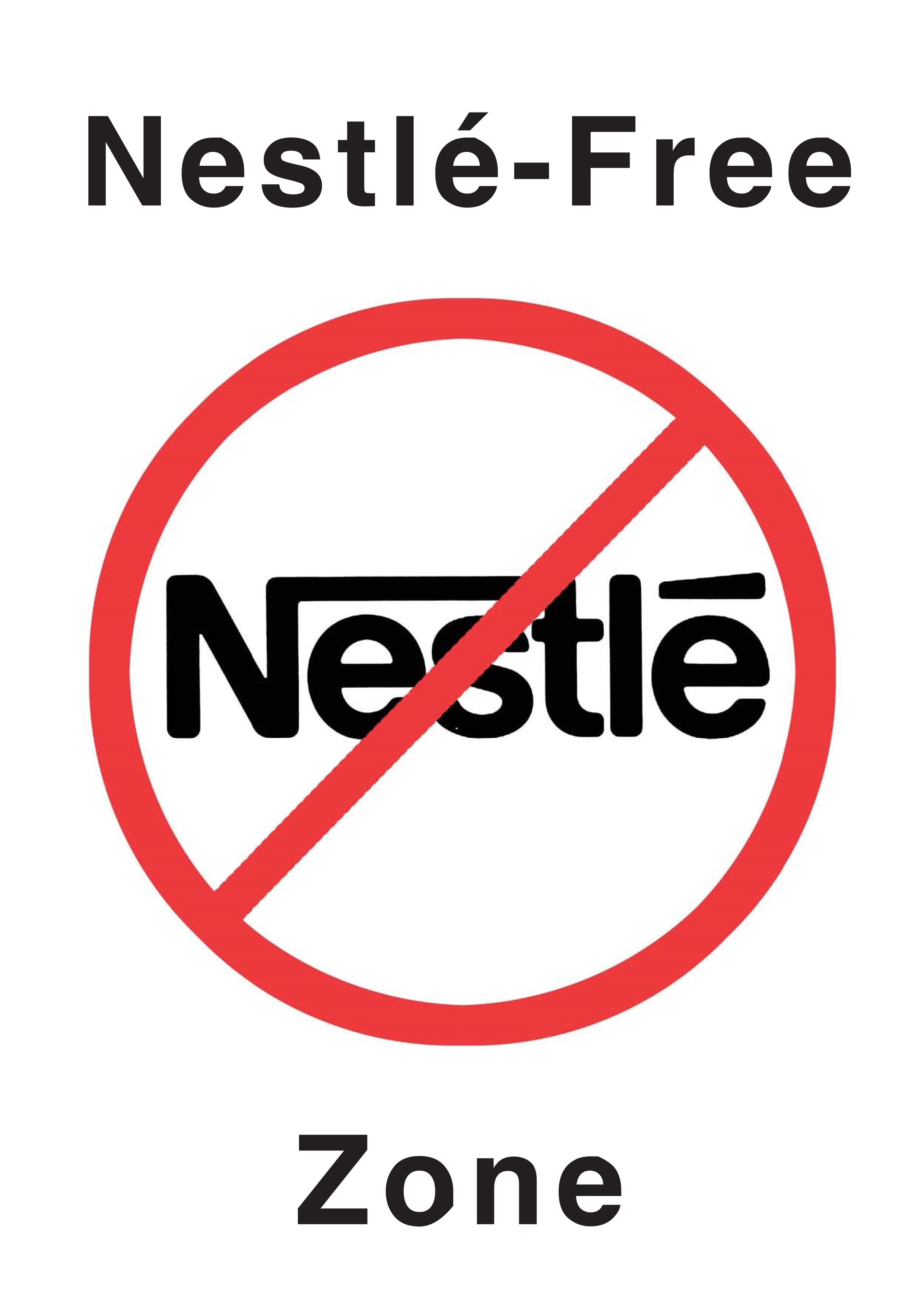International Breastfeeding Journal
The 2013 updated guidelines on management of severe acute malnutrition in infants and children recommends the support of exclusive breastfeeding. These guidelines are inconsistently applied in low and middle i...
The baby and mother friendly initiative is a breastfeeding programme in Namibia aimed to protect, promote and support breastfeeding. The purpose of this study was to describe nurse managers’ perceptions and ex...
In Bangladesh 65% of children under 6 months of age were exclusively breastfed with maternal employment being a risk factor that has jeopardized exclusive breastfeeding. As Ready Made Garment (RMG) factories h...
Timely initiation of breastfeeding is putting the newborn to the breast within 1 h of birth. Its practice can prevent neonatal and under-5 mortality. This study aims to assess the prevalence and factors associ...
The Baby-Friendly Hospital Initiative is generally considered an effective way to promote breastfeeding. Although China has the largest number of baby-friendly hospitals in the world, research on baby-friendly...
An extended duration of breastfeeding of up to two years is encouraged by many health authorities, but information regarding the composition of milk after one year postpartum is limited. The goal of this study...
Donor human milk (DHM) is an alternative to preterm infant formula if the mother’s own milk is not available. Since the lactation period and preservation treatment of DHM are different from those of mother’s o...
Angola has one of the highest annual under-five mortality rates in in the world and malnutrition poses a severe problem in the country. This study is the first to focus on the traditional knowledge of plants, ...
Evidence suggests that inadequate hospital practices, as well as sociocultural and community factors have detrimental effects on timely initiation as the first breastfeed within first hour after birth, and exc...
Antenatal breastfeeding education (ANBE) is provided to all pregnant women attending Ministry of Health (MOH) clinics and some private health facilities in Malaysia, in line with the WHO/UNICEF Baby-Friendly H...
In China, less than one third of infants under 6 months of age are being exclusively breastfed. Maternal rural-to-urban migration contributes to these low rates of breastfeeding practices. Therefore, the aim o...
One of the most important factors that affects breastfeeding self-efficacy and exclusivity is breastfeeding support provided by the family. The aim of this study was to determine the effect of breastfeeding ed...
Despite evidences of breastfeeding for preventing acute physical illnesses in infants, the evidence for the association between breastfeeding and long-term cognitive development is not yet convincing.
Global guidelines recommend exclusive breastfeeding (EBF) for the first 6 months of life. South African EBF rates have steadily increased but still only average 32% for infants below 6 months of age. Malnutrit...
The COVID-19 pandemic is disrupting normal life globally, every area of life is touched. The pandemic demands quick action and as new information emerges, reliable synthesises and guidelines for care are urgen...
Early initiation of breastfeeding offers nutritional and immunological benefits to the newborn, which is critical for health and survival. Understanding factors associated with timely initiation of breastfeedi...
Factors associated with duration of breastfeeding have been usually studied at specific times after birth. Little is known about how much time is added to breastfeeding by each associated factor.
Breastfeeding an infant exposed to Human Immunodeficiency Virus (HIV) carries the risk of HIV acquisition whilst not breastfeeding poses a higher risk of death from malnutrition, diarrhea, and pneumonia. In Ug...
We investigate whether correct infant feeding knowledge and practice differ by maternal HIV status in an era of evolving clinical guidelines in rural South Africa.
Despite national efforts to promote exclusive breastfeeding (EBF), South Africa’s EBF rate is only 32 %. The aim of this study was to examine the rate of EBF discontinuation and the lived experiences of breast...
Most Recent Articles: International Breastfeeding Journal
SubscribeFeliratkozás a következőre: International Breastfeeding Journal hírcsatorna

